

HEALTH
YENDI: SEND Ghana holds policy dialogue on clients satisfaction on health delivery
SEND GHANA, an NGO based in Tamale in the Northern and working to promote good governance and equality of women and men in Ghana has held a dialogue meeting to deliberate on its research findings on Clients satisfaction of Health Service delivery by health professionals in the Country.

Date Created : 11/13/2017 1:11:29 AM : Story Author : Cliff
It was also to solicit views from stakeholders and to get commitments from relevance institutions on how to address those challenges identified.
Mr Mohammed Mumin the Programme Officer of SEND Ghana in his welcome address noted that clients satisfaction was important because if government channelled resources to the health sector and interventions such as National Health Insurance and free maternal health care, but clients do not satisfy with the kind of quality health services delivered at health facilities and from health workers the purpose for which those interventions were implemented would not yield the desired results.
He observed that it was unfortunate that in Ghana institutions do not operate on performance based financing where the quantum of resources in terms of governmental subventions a health facility get depended on whether clients satisfied with the service rendered at that particular facility or not.
Presenting the findings, the Focal Person for SEND Ghana in the Yendi Municipal, Mr Abubakar Saani said out of a total sample of 2,026 respondents who visited a health facility in the last twelve months, females accounted for more than 56.2%. Four (4) percent of these respondents were illiterates with no formal education, with the majority of them coming from the three regions of the north.
On total cost and availability of human resources for 2014, 2015 and 2016, 94% and 91% of government expenditure went in to health workers compensation. He noted that also in 2017, 50% of estimated allocation to the health sector will be expended on compensation.
In addition, an average of 3 percent of the health sector budget was allocated for pre-post and specialised service training, comprising of GH?132.4 million, GH?40.9 million and GH?150.9 million in 2014, 2015 and 2016 respectively. With such high expenditure on human resources, Mr Abubakar Saani said citizens expected to have quality health services delivery from friendly and welcoming health workers which would result in patients satisfying with services rendered.
On availability of health workers in the facilities, Mr Saani noted that doctor- to- patient ratio in 2012 was 1:11,515 whilst that of nurses stood at 1:1,362 during the same period. He was happy that significant gains were made in addressing these challenges which saw doctor -to -patients radio declined to 1:9043 and 1:,8934 in 2014 and 2015. On the other hand, nurse to patient ratio also declined to 1:959 and 1:739 in 2014 and 2015 respectively.
Mr Abubakar Saani expressed regret on unequal distribution and due to refusal of some health workers to accept postings to some parts of the Country, as there remained geographical disparities in human resources availability in the most impoverished parts of the Country.
At the end of the dialogue, participants and respective institutions committed themselves into ensuring that measures were put in place to improve quality health service delivery.
Among the measures, Ghana Health Service should intensify its education on good customer care among its health workers and including the patient Charter.
They also resolved that Health facilities must adopt electronic system to simplify process of registration and retrieval of patients’ records cards to reduce waiting period.
Participants and respective institutions also urged Ghana Health Service to collaborate with the media, Information Services Department, and NCCE to raise awareness on the Patients Charter to enhance citizen’s knowledge on their rights, roles and responsibilities.
Other measures were that MMDAs must prepare to assume full responsibilities of health care provision and extend their monitoring beyond physical projects to include quality health care delivery as well as ensure that Health Personnel were distributed equitably within their respective regions.
The programme was financed by World Bank and Participants were drawn from Yendi Ghana Health Services, Civil society Organisations, the Media, Traditional Authorities and the Yendi Municipal Assembly.
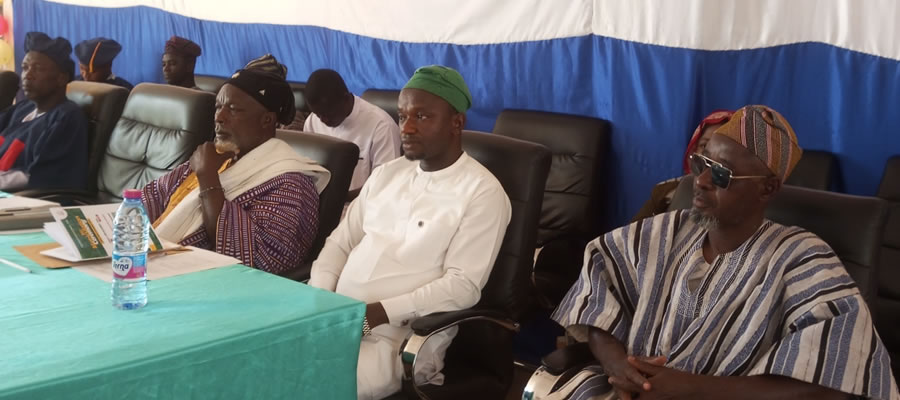
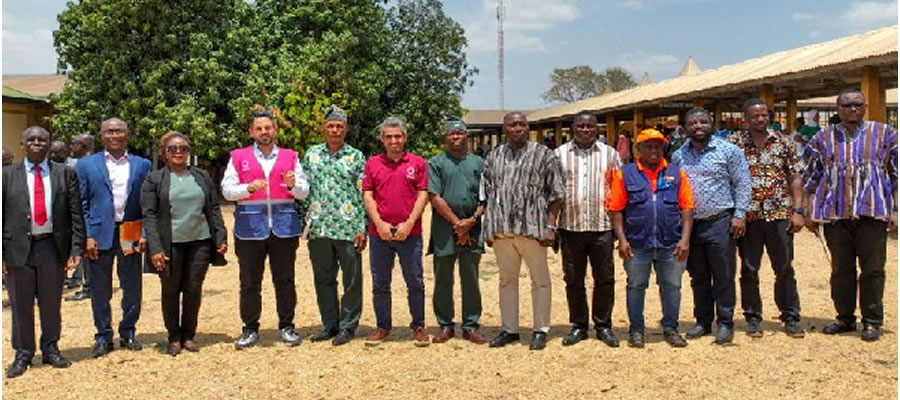

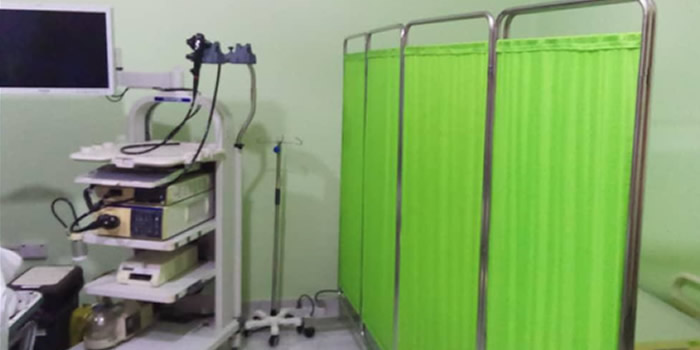



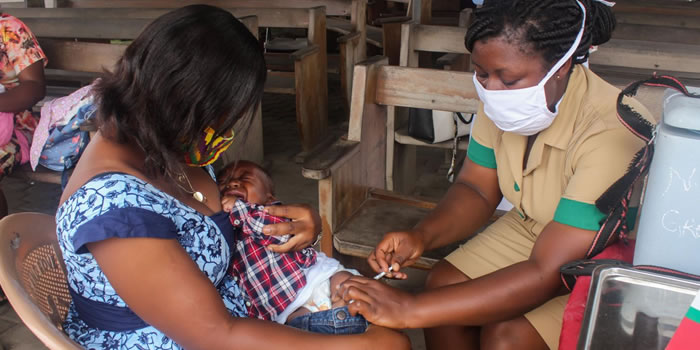
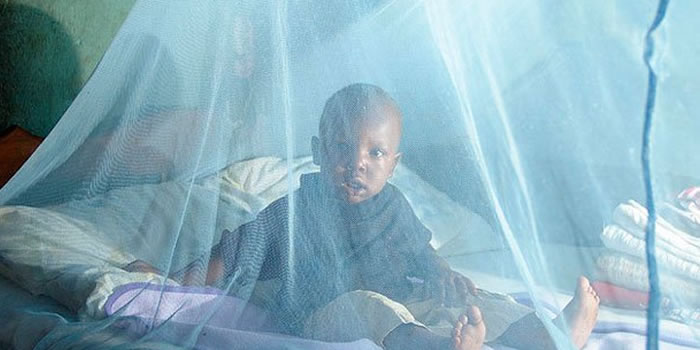

 facebook
facebook
 X
X
 Youtube
Youtube
 instagram
instagram
 +233 593 831 280
+233 593 831 280 0800 430 430
0800 430 430 GPS: GE-231-4383
GPS: GE-231-4383 info@ghanadistricts.com
info@ghanadistricts.com Box GP1044, Accra, Ghana
Box GP1044, Accra, Ghana